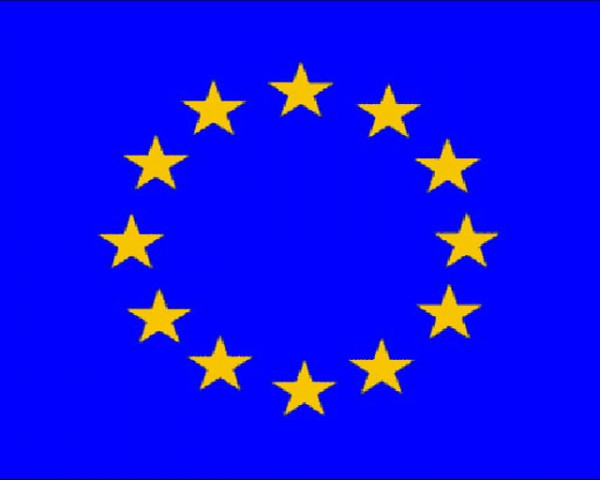Building on policy success
A trade-centric foreign policy is the best guarantee of self-supporting, sustainable economic growth in Pakistan.

Trade offers Pakistan the opportunity to redefine ourselves in the eyes of the international community. PHOTO: FILE
But once this moment of celebration passes, we would urge the government to use this policy success to pivot towards a complete overhaul of the way Islamabad works. Dependence on foreign handouts is built into the very core of all major policy decisions made in the federal capital, which in turn leads to the country continually lurching from crisis to crisis without ever building up the momentum for sustainable economic growth. There is, of course, a way out of the vicious cycle of debt and dependence, but it relies on the mantra of ‘trade, not aid’ replacing notions of ‘strategic depth’ as the cornerstone of foreign policy.
Trade offers Pakistan the opportunity to redefine ourselves in the eyes of the international community. If we are tired of being viewed as a problem by the rest of the world, then we should start by offering the world a lot more than the problems we create for ourselves and our neighbours. And it is not as though there is a dearth of possibilities about what the country can offer the world. We are the world’s fourth-largest exporter of rice, the fifth-largest producer of milk, the eighth-largest producer of wheat, and among the top 10 producers of beef and mutton. We also happen to be located right next to a wealthy, but agriculturally deficient region in the Middle East. Simply put, there is absolutely no reason why Pakistan cannot become an agricultural export powerhouse, and in the process, raise incomes for a large proportion of our workforce. That is the model that Brazil followed to raise millions of its citizens out of poverty and into the global middle class.
Prime Minister Nawaz Sharif is fond of saying that he wants Pakistan to become an ‘Asian tiger’. He would probably do well to remember that it was a heavily export-oriented model that made those Asian nations ‘tigers’. But it was not just exporting goods to the United States and Europe that allowed East Asian countries to rise out of poverty: it was also a willingness to open up their borders, collaborate and create seamlessly integrated regional and global supply chains that truly made those countries competitive players in the world economy.
Goods made in China, for example, often use parts manufactured in Vietnam, a country that has thousands of years of a history of animosity with China. If China and Vietnam can collaborate on the economic front, then why can India and Pakistan not do the same? Far from being large trading partners with our neighbour, the lack of trade across the India-Pakistan border is now considered a textbook example of the folly of putting political pride before economic self-interest. In short, a trade-centric foreign policy is the best guarantee of self-supporting, sustainable economic growth in Pakistan, and in order for that trade-centric policy to succeed, Islamabad must cease to look upon India as a threat and begin to view it as an arena of opportunity.
To his credit, the prime minister appears to understand the importance of improving trade ties with India and the rest of the world. However, he needs to do a better job in standing up to the many vested interests that seek to keep Pakistan’s economy and polity closed off from the rest of the world. The economic future of the country depends on it.
Published in The Express Tribune, December 15th, 2013.
Like Opinion & Editorial on Facebook, follow @ETOpEd on Twitter to receive all updates on all our daily pieces.


















COMMENTS
Comments are moderated and generally will be posted if they are on-topic and not abusive.
For more information, please see our Comments FAQ